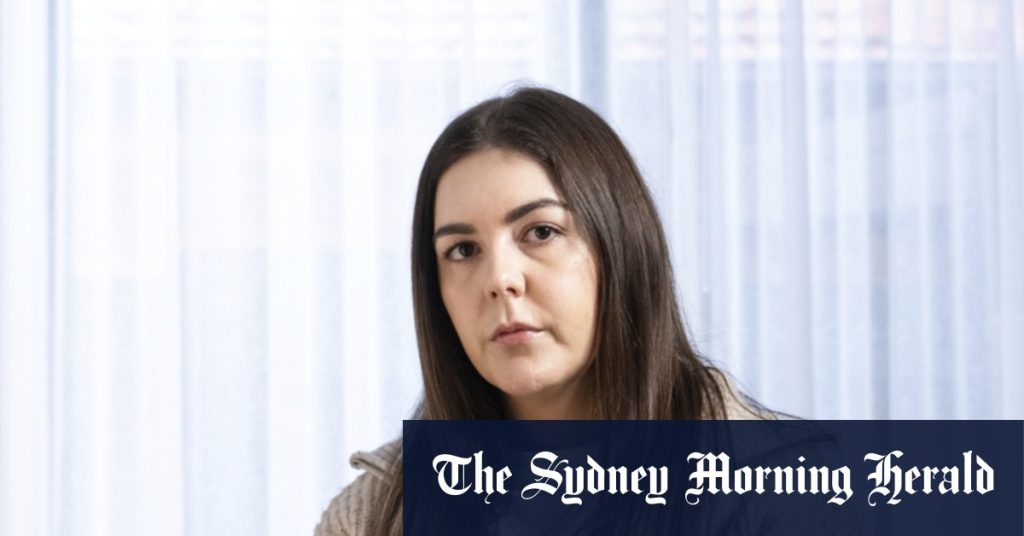A former school teacher shares her experience of becoming dependent on the medication Ativan, which she was taking as prescribed. As she began to reduce her dosage, she experienced severe withdrawal symptoms, including suicidal thoughts. Unable to find support from her doctors, she turned to online communities and eventually found a specialist benzodiazepine dependency treatment center in Australia called Reconnexion. The center developed a tapering plan for her and provided counseling to help manage her withdrawal symptoms. Despite ongoing protracted illnesses she believes are related to the medication, she is currently on disability pension.
As funding for Reconnexion is set to be reduced, the number of specialist clinicians will decrease from 10 to three, leading to longer waiting times for patients. The program, which helps about 50 people at a time from mostly Victoria, offers both in-person and telehealth appointments. The original funding was tied to the SafeScript program, a real-time monitoring service aimed at reducing drug-induced deaths. While the Victorian government has reduced additional funding for Reconnexion, base funding continues to support the program. Reconnexion’s state service manager, Janet Shaw, has called for federal intervention to ensure the program can continue to provide essential services to those struggling with benzodiazepine dependency.
Royal Australian College Of General Practitioners’ alcohol and other drugs expert Dr. Hester Wilson supports the call for federal funding for programs like Reconnexion. She highlights the wide range of withdrawal symptoms associated with benzodiazepine dependency, which can include anxiety, light sensitivity, and gastrointestinal issues. Many individuals who are dependent on benzodiazepines do not identify as having substance use disorders, as they have been using the medication as prescribed. Wilson emphasizes the importance of providing support and resources for those who are dependent on benzodiazepines to help them safely taper off the medication.
A spokesperson from the Department of Health and Aged Care states that state and territory governments are responsible for funding drug and alcohol treatment services. The Australian government has committed $870 million over four years to support drug treatment services, prevention, research, and communication activities. The government remains committed to preventing and reducing the harms associated with alcohol and other drugs. While state and territory governments are primarily responsible for funding drug and alcohol treatment services, there is a call for federal intervention to ensure essential programs like Reconnexion can continue to support individuals struggling with benzodiazepine dependency.
Overall, the story sheds light on the challenges faced by individuals who become dependent on medications like benzodiazepines, even when taken as prescribed. It highlights the importance of specialized treatment and support services like Reconnexion, which provide essential help to those struggling with dependency and withdrawal symptoms. The call for federal funding to support these programs underscores the need for a coordinated national approach to address issues of substance dependency and ensure access to necessary resources for individuals seeking help.


